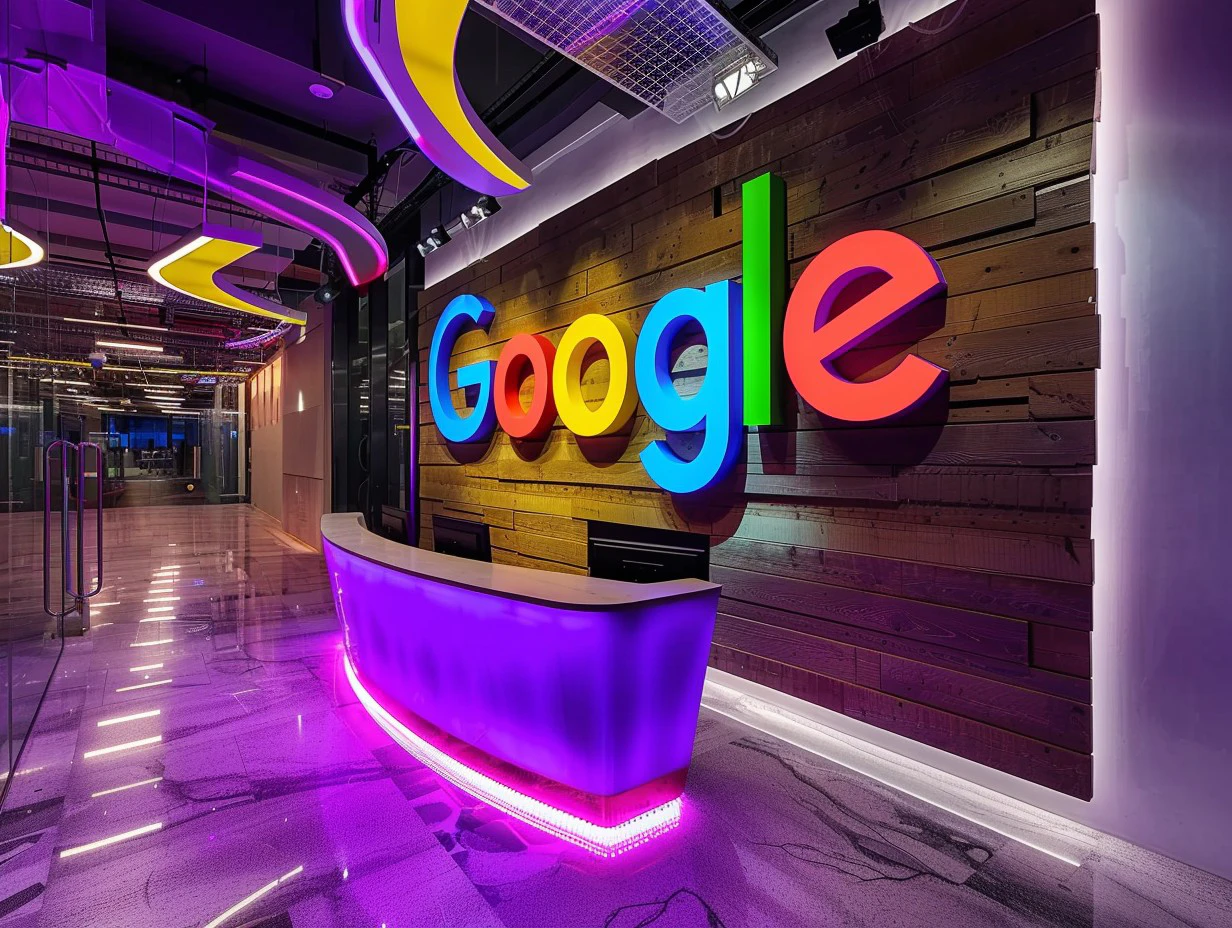In a week marked by tumultuous shifts, Alphabet Inc., the parent company of Google, confronted a stark reality as its flagship AI product stumbled, triggering a significant selloff. This event wiped out $80 billion of market value in a single day, a clear signal of the critical weight investors place on AI advancements. The episode underscores the high stakes involved as Google navigates the rapidly evolving AI landscape, a domain where its leadership position is increasingly contested.
The AI Imperative
For Alphabet, a behemoth with the largest digital advertising business globally, the challenge is existential. The fear that another entity could develop an AI-driven search engine capable of dethroning Google is not unfounded. This scenario paints a grim picture for Alphabet, potentially jeopardizing the nearly $200 billion in revenue expected from its search operations this year. Tom Graff, chief investment officer at Facet, encapsulates the sentiment by highlighting the dire consequences of falling behind in AI, which could significantly impact Alphabet’s valuation.
Despite a marginal drop in shares by 0.2% on Friday, Alphabet’s stock performance has been lackluster this year, in stark contrast to the broader market trend represented by the Bloomberg Magnificent 7 Total Return Index. This divergence underscores the investor apprehension surrounding Alphabet’s AI trajectory, a sentiment exacerbated by Nvidia Corp.’s ascendancy, which has become a bellwether for the AI-driven market realignment.
Alphabet’s AI Quandary
Alphabet’s technological prowess has long been acknowledged, but its AI endeavors have recently been met with skepticism. Over a year since OpenAI’s ChatGPT debut, Alphabet is yet to convincingly demonstrate that its AI offerings can compete, despite substantial investments in the field. This uncertainty has rendered Alphabet’s stock highly sensitive to developments in AI, with investors closely monitoring the company’s progress and setbacks.
The company’s struggle to keep pace in AI was highlighted by the mixed reception of its Bard chatbot and the subsequent rally following the introduction of the Gemini AI model. These fluctuations reflect the market’s acute sensitivity to Alphabet’s AI fortunes, overshadowing the company’s otherwise favorable revenue and profit growth projections.
The Competitive Landscape
Alphabet’s dominance in search, with a commanding 91% market share, faces potential disruption from generative AI and chatbots. This shift poses a significant risk, especially as competitors like Microsoft, with a mere 3.4% market share in search, explore AI integrations within Bing. The dynamics suggest a more challenging environment for Alphabet, whereas Microsoft might leverage its AI initiatives to enhance its market position without the burden of defending a dominant share.
Analysts, while acknowledging Alphabet’s current predicaments, are not ready to discount its potential in AI. The company’s longstanding commitment to AI research, coupled with its robust infrastructure and engineering expertise, provides a foundation for competitive AI products. Bernstein’s Mark Shmulik, despite not endorsing a buy rating, recognizes Alphabet’s potential to marry AI-generated answers with traditional web query results, offering a comprehensive solution to users.
The journey towards integrating AI effectively within its suite of products is anticipated to be both protracted and costly for Alphabet. The company’s ability to develop a compelling AI offering remains uncertain, with implications for its market position and growth trajectory. As the AI landscape continues to evolve, Alphabet’s response will be closely watched, with its success or failure in this domain having far-reaching consequences for its future.
Advanced Micro Devices Inc. (AMD) has witnessed a surge in its stock value, buoyed by the optimism surrounding its AI processors. This trend further illustrates the significant impact of AI on market dynamics, with companies at the forefront of AI innovation enjoying investor confidence.





